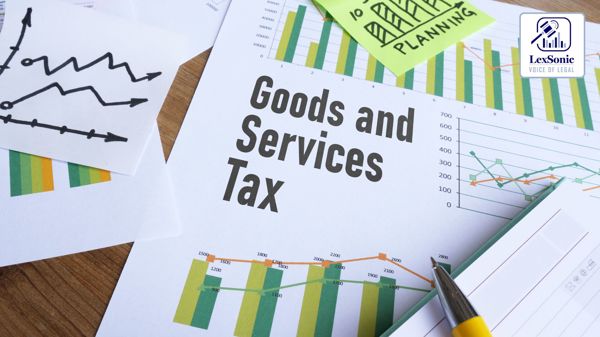Refund Granted Despite Error: Bombay High Court's Ruling on GST Filing Mistake.
20 February 2024
Central Excise >> Tax Laws | GST >> Tax Laws
In a recent ruling of Yogesh Rajendra Mehra v/s Principal Commissioner CGST & Central Excise Raigad (appeal), Navi Mumbai & Others, the Bombay High Court addressed the issue of an inadvertent error in filing Goods and Services Tax (GST) returns, leading to the rejection of a refund application by the authorities. The case concerned a petitioner who sought a refund for taxes mistakenly deposited under an invalid, cancelled GST registration number. The court's judgment clarified significant legal principles concerning refund claims, procedural compliance, and the correct approach for handling such cases.
Case Background:
The petitioner, a scriptwriter who operates on a contract basis, had initially registered under the Central Goods and Services Tax (CGST) Act, 2017, on 19th July 2018, under GST Registration Number 27AQEPM6029PIZA. However, this registration was canceled on 1st January 2019, rendering the registration and any returns filed under it invalid. Afterward, the petitioner sought a fresh GST registration, granted on 26th March 2022, under a new GST number 27AQEPM6029P2Z9.
In the first quarter of 2022, a mistake occurred when the petitioner’s Chartered Accountant inadvertently filed two returns—one under the canceled registration number and the other under the new, valid registration number—depositing Rs.1,22,220 in both. The petitioner then applied for a refund of the tax erroneously paid under the old registration number, but the refund request was denied by the authorities.

Rejection of Refund Claim:
The Assistant Commissioner rejected the refund application, citing the petitioner’s failure to file all necessary returns, as per the requirement under the CGST Act, to qualify for a refund. The assistant commissioner referred to Circular No. 125/44/2019, which mandates the filing of all pending returns before any refund claims could be processed.
Dissatisfied with this decision, the petitioner appealed to the Commissioner of Central Tax, Central Excise & Service Tax, Raigad (Appeals). However, the appeal was rejected on the grounds of procedural limitation. The appellate authority ruled that the appeal was filed too late, even though the petitioner had filed the appeal online within the prescribed four-month limit. The rejection was based on the appellant’s failure to submit certain documents in the required manner.
Court’s Analysis:
The Bombay High Court took a critical view of the authorities' handling of the case. It acknowledged that the petitioner’s first registration was canceled and that a valid registration had been granted later. The court emphasized that an error was made in filing the returns under the canceled GST number, which should not be considered a valid return. Consequently, any tax paid under the canceled registration could not be considered a legitimate tax deposit.
The court pointed out that the tax paid under the new, valid registration was properly filed and deposited, and it was this amount that should be retained. It criticized the Assistant Commissioner’s focus on the petitioner’s failure to file all previous returns, noting that this technicality ignored the core issue of an inadvertent error in filing.
Regarding the issue of the appeal being rejected due to procedural non-compliance, the court ruled that the online filing of the appeal within the prescribed time frame was sufficient, and any minor deficiencies in the submission of documents should not bar the petitioner’s right to appeal. The court emphasized that the law allows for deficiencies to be rectified after filing, and such issues should not undermine access to justice.
Judgment and Outcome:
The Bombay High Court ultimately ruled in favor of the petitioner, quashing the orders rejecting the refund claim and the appeal. The court directed that the petitioner be refunded the amount of Rs.1,22,220, along with any permissible interest, within four weeks. The ruling reinforced the legal principle that procedural deficiencies should not be allowed to defeat a legitimate refund claim when the application is filed within the prescribed limitation period.
The court’s decision underscores the importance of considering both the factual and legal context of a case. In this case, it was essential to recognize the error made by the petitioner in good faith and to prevent a procedural technicality from denying a legitimate claim.
Conclusion:
This case serves as a reminder of the importance of understanding the nuances of GST compliance, particularly when it comes to the handling of registration errors and refund claims. It also highlights the need for judicial flexibility in interpreting procedural laws, ensuring that taxpayers are not penalized for bona fide mistakes. This ruling strengthens the principle that access to justice and fair treatment should take precedence over technical procedural lapses.
CENTRAL GOODS AND SERVICES TAX ACT, 2017
